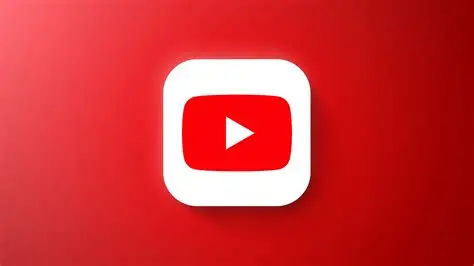Australia is set to enforce one of the world’s toughest social media laws by banning children under the age of 16 from creating accounts on YouTube and other popular online platforms, in a move the government says is aimed at protecting children from “predatory algorithms” and harmful content.
Communications Minister Anika Wells said the ban will apply to YouTube alongside Facebook, Instagram, Snapchat, TikTok, and X (formerly Twitter), as part of sweeping legislation scheduled to take effect on December 10.
“We want kids to know who they are before platforms assume who they are,” Wells said in a statement. “There’s a place for social media, but there’s not a place for predatory algorithms targeting children.”
The decision to include YouTube marks a major shift in government policy, as the platform — widely used in classrooms and educational settings — was initially expected to be exempt. But fresh data showing that four in ten Australian children had been exposed to harmful content on YouTube reportedly influenced the government’s final stance.
“Young people under the age of 16 will not be able to have accounts on YouTube,” Prime Minister Anthony Albanese confirmed during a press briefing on Wednesday. “We want Australian parents and families to know that we have got their back.”
Albanese acknowledged that enforcing the age restrictions may not be flawless, comparing the policy’s challenges to underage alcohol consumption. Still, he insisted that the measure sends an important message about child safety in the digital age.
The legislation, which will be enforced by Australia’s eSafety Commissioner, threatens penalties of up to AU$49.5 million (US$32 million) for platforms that fail to comply. However, concerns have been raised about the lack of clarity around enforcement mechanisms, with critics warning that the law could become largely symbolic.
Social media companies have voiced strong opposition. A YouTube spokesperson described the government’s decision as “a jarring U-turn,” arguing that the platform functions as a video-sharing and viewing site rather than a traditional social media network.
“Our position remains clear: YouTube is a video sharing platform with a library of free, high-quality content, increasingly viewed on TV screens. It’s not social media,” the company said in a statement.
TikTok accused the government of disregarding input from mental health and youth safety experts, while Meta — the parent company of Facebook and Instagram — warned that the new rules could place “an onerous burden on parents and teens.”
Despite industry pushback and legal uncertainty, the Australian government remains firm in its commitment to the reform, which has drawn interest from other countries considering similar restrictions to protect minors online.
As the global conversation around children’s digital safety intensifies, Australia’s bold legislative move could set a precedent for future regulatory efforts.

Comments